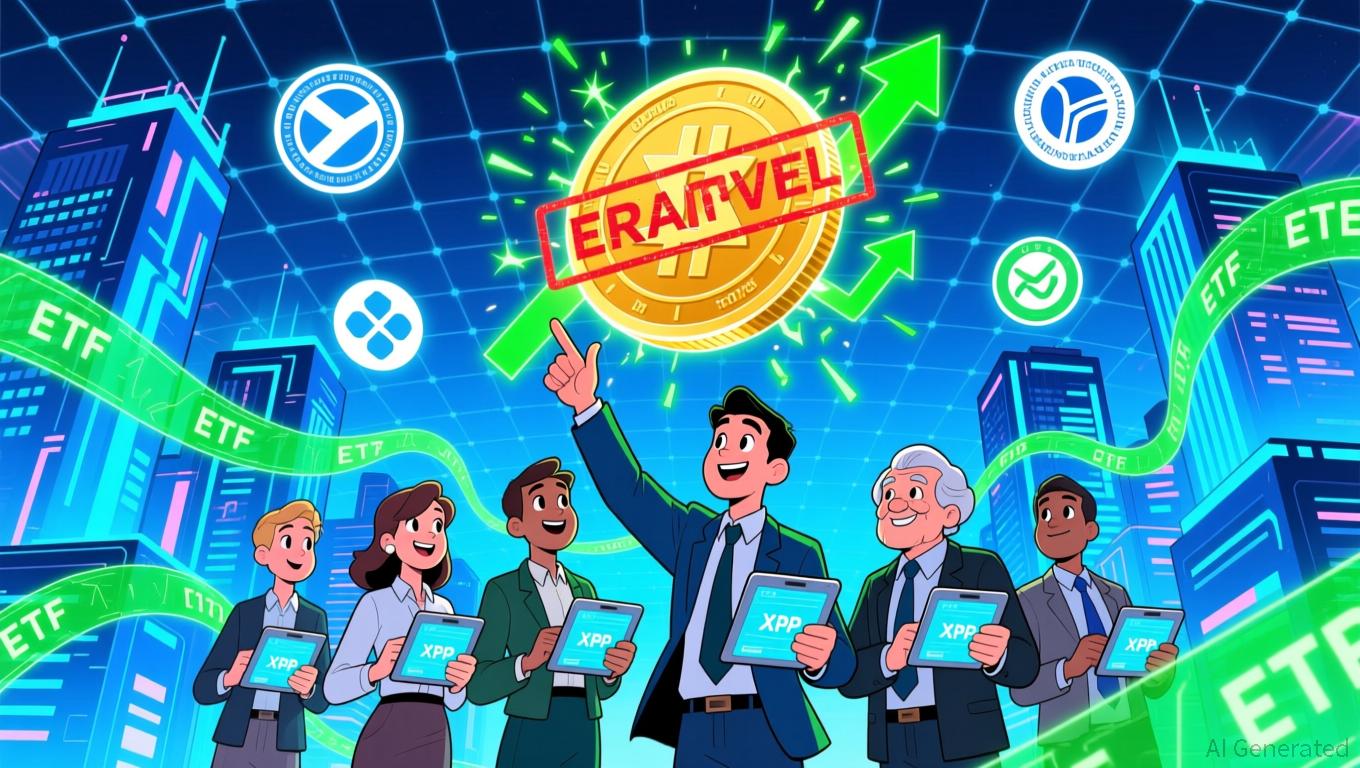Investing in Transforming Education: Tackling the Lack of School Counselors with Policy-Based Solutions in Educational Technology and Telehealth
- U.S. schools face severe counselor shortages in rural areas, with states like New Mexico (43% unmet demand) and Alabama (80% met) highlighting systemic underfunding and geographic barriers. - States implement policy solutions like Texas's $180k loan repayment caps and New Mexico's behavioral health legislation to address workforce gaps and mental health care deserts. - EdTech and telehealth startups (e.g., MagicSchool AI, GoStudent) attract $45M+ investments, leveraging AI and remote learning to mitigate
The Crisis and Policy Responses
The lack of school counselors goes beyond staffing—it reflects deeper systemic shortcomings. For example, Alabama’s ratio of school psychologists to students—over 7,500 to 1—demonstrates the overwhelming burden on current staff, who must balance administrative, academic, and emotional responsibilities

EdTech and Telehealth: New Investment Frontiers
Government-driven attention to mental health and workforce expansion is spurring growth in EdTech and telehealth solutions. In 2025, the U.S. EdTech industry is
Telehealth companies are also playing a pivotal role. Firms like GoStudent and Brighterly are utilizing AI and customized learning to deliver remote academic and mental health services, helping to fill gaps in rural communities
Workforce Training and EdTech Innovation Aligned with Policy
Investors are increasingly focusing on companies that support policy objectives to grow the behavioral health workforce. Agile Mind, Authentica Solutions, and eSpark Learning are using data analytics and adaptive technologies to meet a variety of educational needs
The growing use of AI in education is not without debate. For example, Duolingo’s AI-centric approach has raised concerns about excessive reliance on technology and diminishing the role of educators
Market Trends and Financial Outlook
The financial environment for EdTech is shifting. While global investment in edtech steadied at $2.8 billion in 2025, funding is increasingly directed toward high-impact startups. Companies like Lingokids and Amboss secured $120 million and $260 million, respectively, reflecting strong investor interest in AI-based solutions
In the United States, the market is forecasted to reach $236.1 billion by 2033, propelled by companies like Leap Scholar and Vidyaa expanding into rapidly growing global markets
Conclusion
The shortage of school counselors is a complex issue with far-reaching effects on student health and learning outcomes. Yet, it also opens doors for investors to back solutions in EdTech, telehealth, and workforce training that align with policy priorities. As both state and federal governments continue to emphasize mental health and education reform, businesses that innovate in these fields—whether through AI, telehealth, or workforce development—are well-positioned for substantial growth. For investors, the challenge is to identify ventures that not only address current needs but also support the long-term goal of a fairer and more robust education system.
Disclaimer: The content of this article solely reflects the author's opinion and does not represent the platform in any capacity. This article is not intended to serve as a reference for making investment decisions.
You may also like
Bitcoin Updates Today: Institutional and Government Investors Increase Bitcoin Holdings During Market Downturn, Indicating Strong Long-Term Optimism
- Bitcoin's price drop below $90,000 triggered increased institutional/sovereign deposits to exchanges , signaling long-term confidence amid market corrections. - Texas allocated $5M to BlackRock's IBIT ETF, while Abu Dhabi's Mubadala tripled its $517.6M IBIT holdings, reflecting strategic diversification into Bitcoin as reserves. - ETF inflows reversed three-week outflows, with BlackRock's IBIT leading rebounds despite short-term volatility from profit-taking and macroeconomic uncertainty. - Technical ind
XRP News Today: "XRP ETFs Indicate Growing Institutional Interest, Yet Price Fluctuations and Large Holder Sell-Offs Create Ongoing Doubts"
- Multiple SEC-approved XRP ETFs launched in late 2025, attracting institutional capital amid regulatory clarity on secondary XRP sales. - XRP price fluctuated post-launch, rebounding to $2.05 after whale sales and market-wide crypto sell-offs pressured it below $2.00. - Technical analysts highlight $2.00 support retesting and $2.20 breakout potential, with mixed short-term and long-term price forecasts. - ETF-driven liquidity growth contrasts with macroeconomic risks and whale activity, delaying meaningfu

ASEAN Power Grid: Bridging Divides to Achieve Regional Energy Integration
- The ASEAN Power Grid (APG) aims to unify Southeast Asia's fragmented energy systems by integrating renewable resources across borders, addressing surging demand and climate risks. - A $12.5B initial funding plan by ADB, World Bank, and ASEAN targets grid development, overcoming technical barriers like differing voltages and regulatory frameworks. - Energy storage and green hydrogen are critical for balancing variable renewables, with APG projected to boost connected capacity from 7.2GW to 33.5GW by 2037.
PENGU Token's Surge and Positive On-Chain Momentum: A Tactical Guide for Short-Term Traders
- Pudgy Penguins (PENGU) token broke above $0.012, driven by whale accumulation and $1M in new liquidity. - Retail traders fueled $174M 24-hour volume, while open interest hit records, signaling speculative bets on volatility. - Technical indicators show mixed signals: bullish MACD and SMA reclaims, but bearish RSI (38.7) warns of potential pullbacks. - Market psychology remains cautious (extreme fear index), yet DreamWorks partnership and ETF rumors boost retail optimism. - Traders must monitor $0.012 sup
